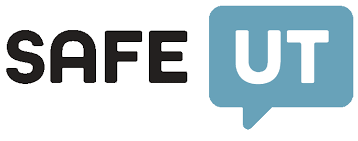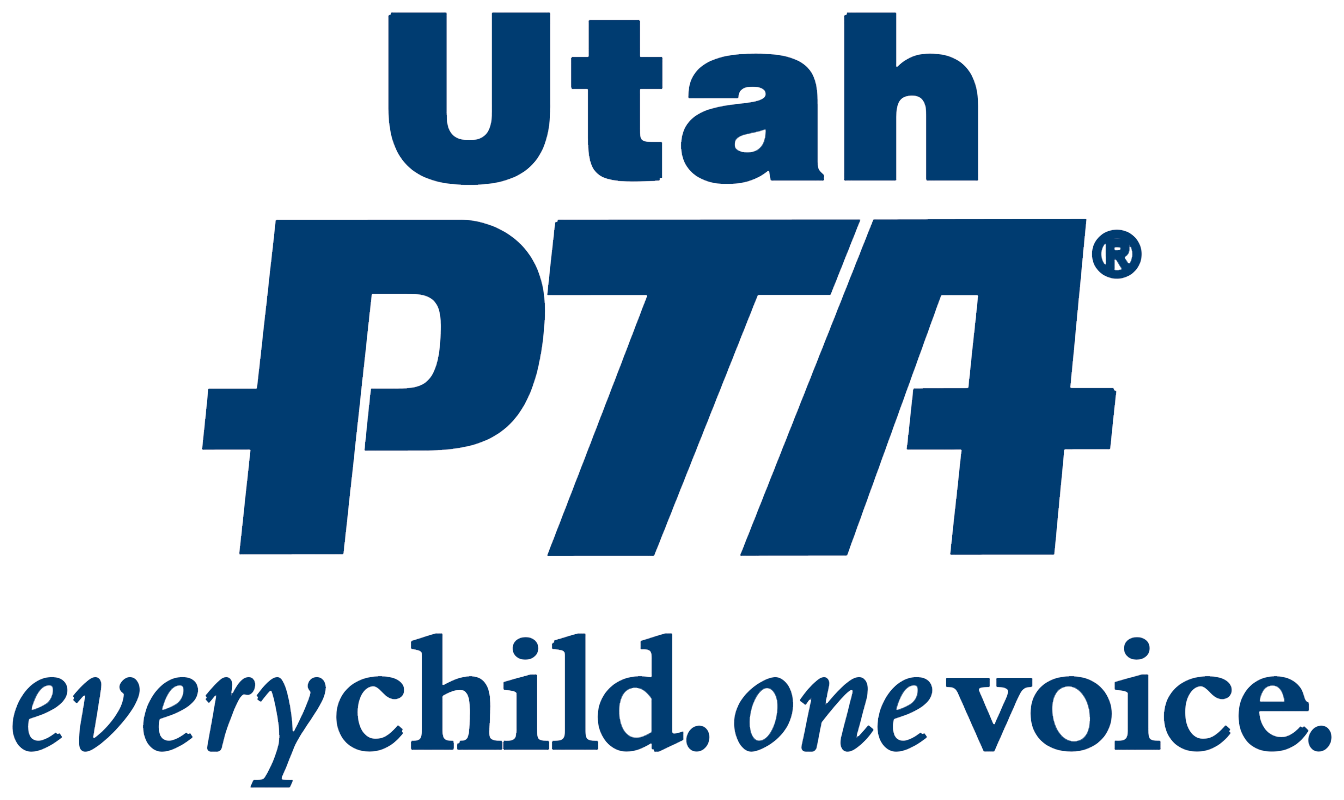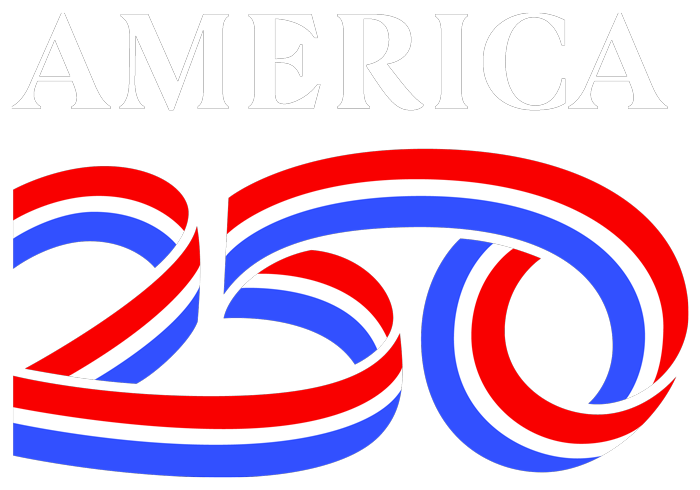Scholarships
Best way to apply to scholarships is to START EARLY, PREPARE, and FOLLOW DEADLINES. Begin by checking out our links!
TWO THINGS WILL INCREASE YOUR CHANCES OF APPLYING & COMPETING FOR SCHOLARSHIPS
1. BEFORE your senior year begins, search, identify and create a list of scholarships you qualify for. The number one reason students don’t apply for scholarships is because they don’t know about them. So go to work and find them using the resources link! Then create a list of those scholarships by the month of the Scholarship Deadline.
2. Before your senior year, write a 500 word general essay using the guidelines below. It needs to be professionally well written as it is the most important part of the all Add-on Scholarships. Save it electronically as a Google Doc or other so it is easily accessible. Once you have this essay complete, you just need to tweak it a little for each scholarship you apply for. The number two reason students don’t apply for scholarships is the essay! If you have to write a new essay for each scholarship, you won’t do it!
Scholarship Essays
The KEY to winning scholarships is the Essay! Everyone who applies meets the minimum requirements. It is the essay that sets you apart from the other applicants. I encourage all Juniors to write a general essay of 500 words or less. The essay should HIGHLIGHT your strengths. It must be professionally well-written and concise. This general essay should include the four following areas:
– Academic: Do not spend too much time here as most of your academic information in contained on your transcript. You should emphasize honors classes, AP classes, Concurrent Enrollment college classes, high GPA, and high ACT Composite score if possible.
– Citizenship: This includes the kind of person you are i.e. honesty, integrity, dependable, responsible, efficient, hard working, reliable etc.
– Leadership: This includes as much leadership as you can effectively squeeze into your 500 word essay that highlights your best leadership opportunities.
– Service: This area is crucial. It is becoming the separator between many excellent candidates. Highlight activities when you have volunteered and served others including the amount of time/hours given and how it has impacted you.
The importance of the essay cannot be overstated. If you seriously want to compete for Add-on Scholarship money, you must write an outstanding essay. Another important part of this essay is to highlight a life changing event in your life. You want to express a personal experience that can grab the reader’s attention and make them say, “WOW!” You want them to REMEMBER your essay in a positive way.
The following is a general outline on How to Write an Essay.
Writing Scholarship Essays
Personal statements are the most common type of scholarship essay. These tips are written with that format in mind. Here are three ideas to help you keep the task in perspective:
-
- Space constraints are often frustrating . . . but your competitors face them too.
- Scholarship essays can pave the road for graduate school essays and cover letter in the future.
- Many students find that writing a good personal statement helps them clarify who they are and where they are going. This is inherently good.
Get Started
Two mildly contradictory and equally valid bits of advice:
1. Think about what you might say about yourself before you start writing.
-
- Scribble down a list of experiences and accomplishments. Do not limit yourself to resume items. What stories do you share with friends? What events from the past still linger in your thoughts today? What has changed you recently?
- Talk to other people. What would they include in your biography?
- Simply reflect. What is important to you? What gets you excited or moves you to act? What threads form patterns in your life? What do you hope to accomplish?
2. Use the writing process as a vehicle for discovery.
-
- Consider writing several different drafts. Experiment.
- Some students start by outlining the points they intend to make.
- Try banging out a draft within some set time limit (like thirty minutes). Read it later to look for gems twinkling amid the rocks.
- Writing is recursive. The fifteenth paragraph may suddenly suggest a better direction for the third sentence.
Read the Instructions
Surely a step that top students would never skip. Right?
-
- Adhere to the minimum font size and maximum number of words.
- Only pare down to the word limit late in the process though.
- Different awards want different things. Make sure you answer the right questions.
- Make sure you fit the award. Quit writing and find a different scholarship if you are distorting or contorting yourself to fit their criteria.
Address Fundamental Questions
Regardless of what they ask you . . . readers typically want answers to the following questions:
-
- What are your goals?
- Why are you dedicated to them?
- What in your life reflects that commitment?
- What matters to you?
- How do you see the world?
- What makes you a good fir for this award?
- What makes you stand out from other applicants?
Answer explicitly
Answer implicitly
Content
What belongs in a good personal statement is unique to each individual. Nevertheless . . . here are some ideas that might help.
-
- Talk about things that you would enjoy discussing at length.
- Choose a few key points to develop . . . three or four perhaps.
- Include concrete examples to illustrate larger themes. Choose anecdotes that show you taking action in your world.
- Avoid braggy generalizations. Share specific incidents to show your strengths instead.
- Ask yourself what readers might find memorable and/or unique about you.
- Have any books or classes or artistic encounters profoundly shaped or shaken your outlook?
- Write from a positive perspective.
- Consider how your essay fits with everything else you submit.
Package Carefully
All scholarships value good writing. It measures your ability to communicate well and think clearly.
-
- Scrutinize every word as you near the final draft. Edit like they cost twenty dollars each.
- Avoid technical jargon when possible. Your readers are highly intelligent but not necessarily specialists in your field.
- Get to the point.
- Elaborate similes and other forms of narrative artifice generally fail.
- Establish clear relationships between your paragraphs. Write explicit transitions.
- Including quotes from others is typically cliché.
- Your essay should read quickly and easily. Creating an ornate garden of fancy phrases and showy words is not the goal here.
- The purpose of eloquence is to magnify the power of the idea.
After Drafting
Here are some thoughts regarding the revision process:
-
- The best essays will get revised and reworked. Get input from mentors and friends. Ask smart people who are willing to criticize your work.
- Stay objective. Try not to fall madly in love with your first draft.
- Set your latest draft aside if time permits. Read it later with fresh eyes.
They say that a picture equals a thousand words. Reverse that idea as you read your essay. Does your thousand words add up to one good picture of you?
Getting ready for college can feel overwhelming. There’s so much to do! But don’t worry, Keys to Success can help. When you sign up and create an account with KTS, you will:
* Learn what you need to do during each grade to be ready for college. (Create Keys to Success Account)
Opportunity Scholarship ( Opportunity Scholarship link )
REQUIREMENTS
-
Earn a 3.3 cumulative high school GPA
-
Complete 3 advanced courses
-
Complete 1 Advanced Placement (AP), International Baccalaureate (IB), or Concurrent Enrollment (CE) course in each of the core areas of high school graduation:
-
math,
-
science, and
-
language arts
-
-
-
Complete the Free Application for Federal Student Aid (FAFSA)
-
Graduate from a Utah high school
* Be a US citizen or a non-citizen eligible for federal financial aid
***No dollar amount is set. Students who qualify for all the above will earn the merit award* and may apply for additional money based on financial need.
* the Merit award will be based on the amount of funding available divided by the amount of students who qualify.
https://ushe.edu/prime-program-grant/
The Prime Scholarship is awarded to students who earn the TRANSFORM certificate granted by the Utah State Board of Higher Education (USBE) after completing required concurrent enrollment (CE) or career and technical education (CTE) coursework in high school.
-
Eligible Students:
-
Recent Utah high school graduates
-
-
Eligibility Requirements:
-
Be awarded the TRANSFORM certificate by the USBE
-
Complete a FAFSA
-
Meet all application deadlines
-
Enroll at an eligible institution full-time beginning the fall semester after high school graduation OR provide documentation that a deferral has been granted from the institution
-
-
Eligible Uses:
-
Cost of attendance
-
-
Award:
-
$500
-
-
Award Duration:
-
One-time award
-
-
Eligible Institutions:
-
Public, degree-granting institutions:
-
Salt Lake Community College
-
Snow College
-
Southern Utah University
-
University of Utah
-
Utah State University
-
Utah Tech University (formerly Dixie State University)
-
Utah Valley University
-
Weber State University
-
-
Private, non-profit Utah institutions:
-
Brigham Young University (Provo campus)
-
Ensign College (Previously LDS Business College)
-
Western Governors University
-
Westminster University
-
-
Utah Technical Colleges
-
Bridgerland Technical College
-
Davis Technical College
-
Dixie Technical College
-
Mountainland Technical College
-
Ogden-Weber Technical College
-
Southwest Technical College
-
Tooele Technical College
-
Uintah Basin Technical College
-
-
-
Application Period:
-
Students apply during their senior year of high school
-
The Utah PRIME scholarship application for 2023 graduates was available from June 1- June 30, 2023.
-
-
Additional Information:
-
Contact us at ude.ehsu@spihsralohcs
-
-
Future Applicants:
-
Additional information for the class of 2024 will be updated here in the Fall.
-
-
Resources:
Utah High School to College and Careers PATHWAYS
CTE Pathways Overview – Pathways Overview
CTE Pathways – Pathways to College & Career Readiness
Pathways Student Guide – Student Guide to Pathways
Parent-Student Information – Parent Student Guide to Pathways
Utah System of Higher Ed – Utah College Guide – English
Utah System Of Higher Ed – Utah College Guide – Spanish
USHE Resources – Keys to Success
Student Scholarships – http://www.studentscholarships.org/
Going Merry – https://www.goingmerry.com/
FastWeb – http://www.fastweb.com
Unigo Scholarships – https://www.unigo.com/scholarships
FinAid – Other Types of Aid
Appily Scholarships – https://www.appily.com/scholarships
Tuition Funding Sources – http://www.tuitionfundingsources.com/
Peterson’s College Guide – http://www.petersons.com
National Application Center – https://www.nationalappcenter.com/
College Applications – http://www.collegeapps.com
Common Application – https://www.commonapp.org/
Scholarships for Native American Students
Native American Scholarships – http://ncidc.org/scholarships-native-american-students-0
America’s Career InfoNet – www.acinet.org
Career Tests – http://www.queendom.com/tests/career/index.html
Career Magazine – http://www.careermag.com
Department of Workforce Services – http://jobs.utah.gov/
Career Builder – http://www.careerbuilder.com
Monster – Monster Job Search





